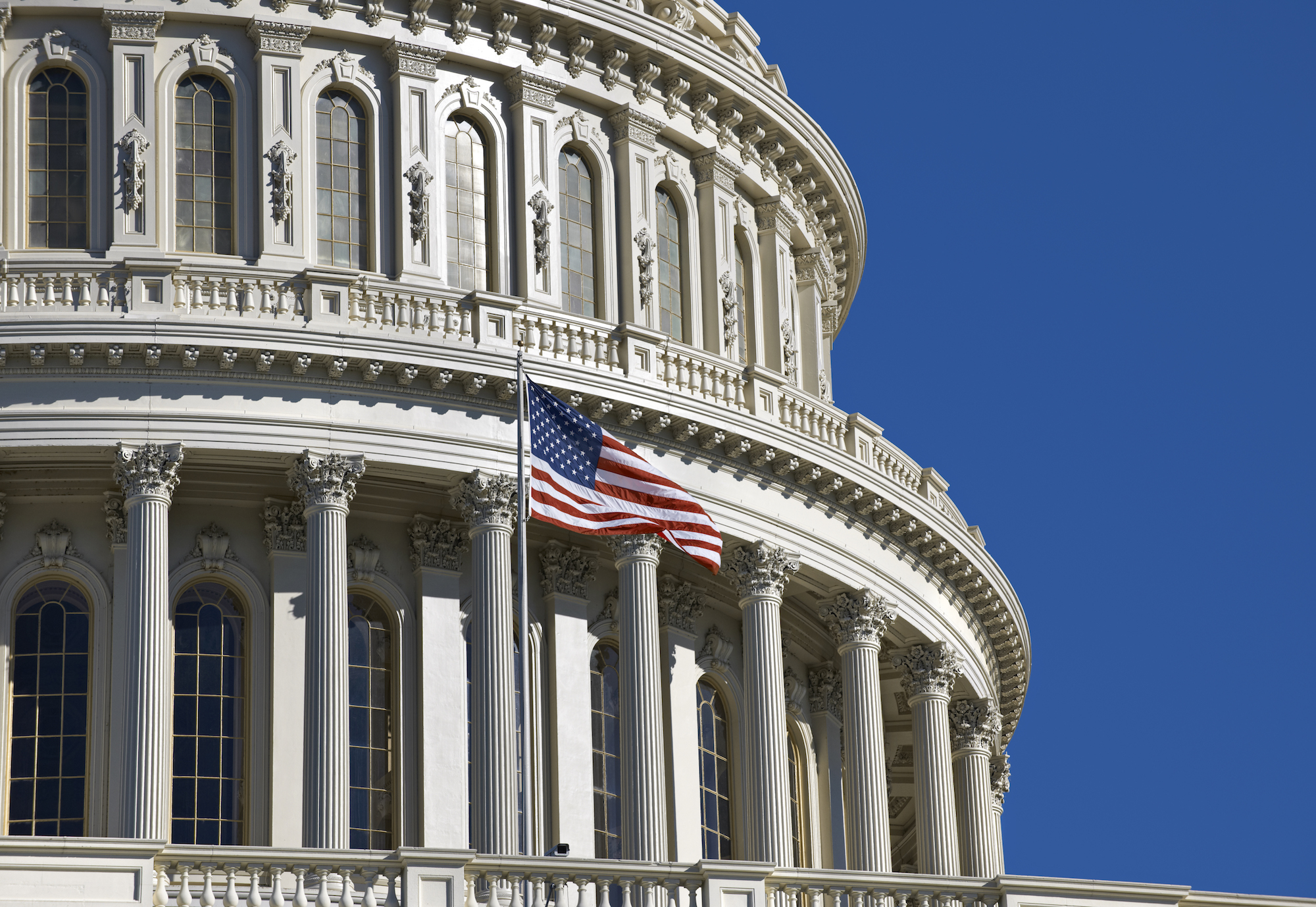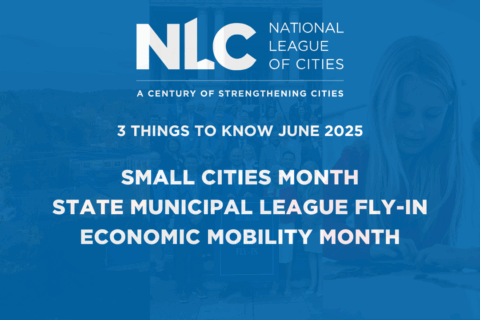Congress returns to work this week for a short lame duck session before the 116th Congress adjourns for the final time. The House and Senate have about ten more days to pass the 12 annual appropriations bills for Fiscal Year 2021 before the current Continuing Resolution expires on December 12th. Congressional leaders need to quickly resolve a range of policy differences they have been putting off since missing the first spending bill deadline on October 1st, the first day of the new fiscal year.
There is evidence that with the election over, Congress may be in a better mood to compromise on a bipartisan, bicameral spending deal. Over the Thanksgiving break, House and Senate negotiators reached agreement on overall funding for each of the 12 appropriations bills. For cities and towns, the agreement means that funding levels will likely be sufficient to preserve the small incremental funding increases for local priorities and grant programs that were proposed in competing House and Senate bills earlier this year. Local leaders can compare the House and Senate proposals to last year’s funding levels by visiting NLC’s Budget Tracker website here.
If Congress cannot reach an agreement on a new emergency aid package and the stand-off stretches into the next Administration, members of Congress are likely to try to pluck out favored pieces from the emergency aid proposals to attach to the “must-pass” spending bills.
Michael Wallace, NLC Program Director, Federal Advocacy
As if overcoming months of policy differences and funding disputes weren’t enough, partisan brinkmanship has again led the country within days of another federal government shutdown. Moreover, Congress is still navigating the long stand-off over a new emergency aid package to address COVID-19 related losses and state and local measures to contain them. If Congress cannot reach an agreement on a new emergency aid package and the stand-off stretches into the next Administration, members of Congress are likely to try to pluck out favored pieces from the emergency aid proposals to attach to the “must-pass” spending bills.
Those pieces could include extensions of expiring CARES Act provisions like expanded unemployment benefits, the emergency moratorium on evictions, and the December 31st deadline for states and localities to spend any remaining Coronavirus Relief Funds. Although additional aid provisions such as these would be welcome, they would also complicate the task of passing the twelve spending bills before December 12th and probably necessitate another short-term continuing resolution to maintain federal government operations.
In a November 3rd letter to Congress, NLC urged the House and Senate Appropriations committees to “prioritize funding for programs that would most significantly aid localities in protecting residents and small businesses from avoidable harm related to COVID‐19, and stopping abrupt declines in essential local government operations until a new source of emergency aid becomes available.” The letter also states:
“Although we remain grateful for emergency funding provided under the CARES Act, the fact remains that most municipalities still have not received meaningful levels of federal aid to help maintain public health and safety in the face of the pandemic. NLC’s most urgent Congressional priority remains enactment of a new emergency appropriations package to address the immediate need for local budget relief by making direct emergency funding available to every city and town in need, regardless of population. Until that well‐warranted relief is provided for all cities and towns, local governments have few choices other than to reduce expenditures and employment levels to achieve a balanced budget as required by law. Local governments are both prohibited from running annual budget deficits, and preempted from fully offsetting losses with locally derived revenue by various federal and state tax and expenditure limitations. Ongoing uncertainty over additional emergency aid for states and localities is having a further destabilizing effect on local government operations.”
A final item on Congress’s to do list before the end of the year is negotiating a final water resources bill to authorize flood control, navigation and ecosystem restoration projects under the U.S. Army Corps of Engineers.
Even at this late date, Congress has multiple ways forward to advance appropriations and prevent a government shutdown, including additional short-term continuing resolutions to give negotiations more time, a year-long Continuing Resolution enacting a new year of funding at FY2020 levels, or a new omnibus that combines 12 new spending bills into one giant piece of legislation. At the same time, every possible way forward goes through the White House, where the support of the President for a large appropriations package is far from certain.









